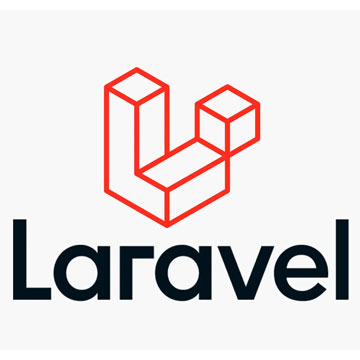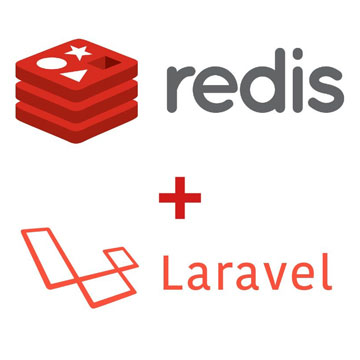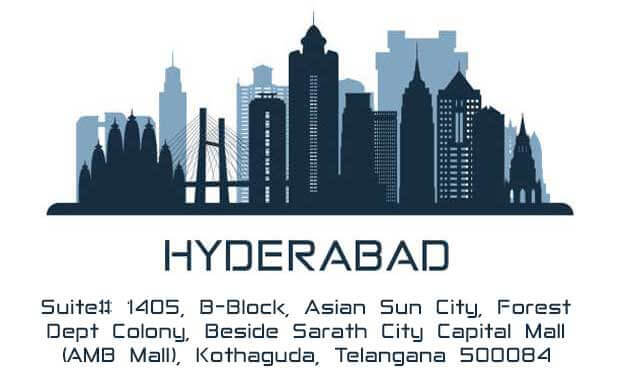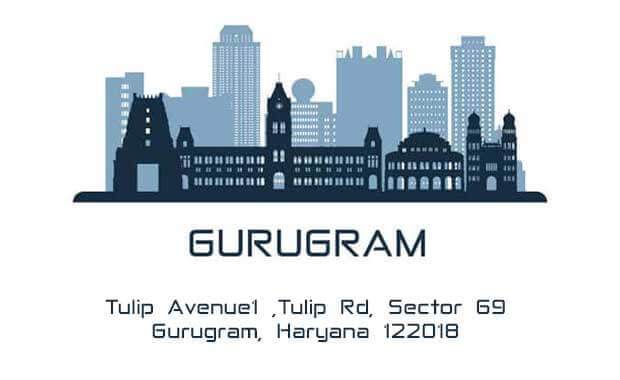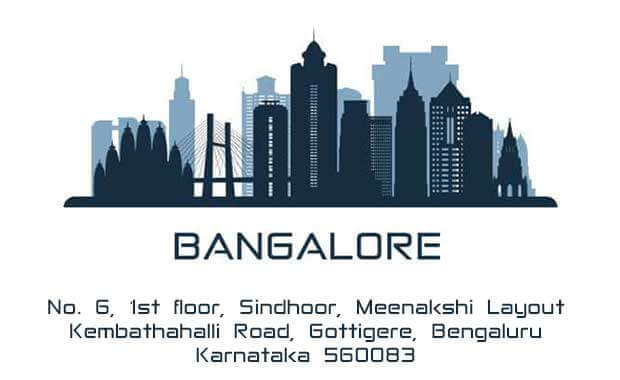Framework is a software architecture that is designed to support the development of web applications. In today's digital age, having a strong online presence is crucial for businesses of all sizes. As more consumers turn to the internet to discover, research, and purchase products and services, businesses must adapt by building robust and user-friendly web applications. Laravel, a popular PHP framework, offers businesses a powerful platform for developing modern web applications that meet the needs of today's digital landscape.
What is Laravel?
In the vast world of web development, Laravel stands out as a powerful and elegant PHP framework, renowned for its simplicity, flexibility, and extensive feature set. Since its initial release in 2011, Laravel has rapidly gained popularity among developers for its expressive syntax, robust architecture, and comprehensive ecosystem of tools and libraries.
At its core, Laravel is a PHP framework designed to streamline the process of building web applications by providing a rich set of features and conventions. Developed by Taylor Otwell, Laravel follows the Model-View-Controller (MVC) architectural pattern, which separates the application logic into three distinct layers: models for data manipulation, views for user interface presentation, and controllers for handling user requests.
Advantages of using Laravel
Cost-Effective Development
One of the key benefits of using Laravel for web development is its cost-effectiveness. Laravel provides businesses with a comprehensive set of tools, libraries, and features that streamline the development process and reduce time-to-market. By leveraging Laravel's built-in functionalities such as authentication, authorization, routing, and database management, developers can significantly cut down development time and costs compared to building web applications from scratch.
Rapid Prototyping and Iteration
In today's fast-paced business environment, speed is essential for staying ahead of the competition. Laravel empowers businesses to rapidly prototype and iterate on web applications, enabling them to quickly test ideas, gather feedback, and iterate based on user insights. Laravel's built-in tools such as the Artisan CLI (Command-Line Interface) and database migrations make it easy to generate boilerplate code, set up database schemas, and perform common development tasks, speeding up the development process and allowing businesses to respond quickly to changing market demands.
Scalability and Performance
As businesses grow and scale, their web applications must be able to handle increasing traffic and user interactions without sacrificing performance. Laravel's modular architecture and support for modern PHP features make it well-suited for building scalable and high-performance web applications. Laravel's dependency injection container, service providers, and inversion of control (IoC) container enable businesses to design flexible and extensible applications that can grow with their needs.
Enhanced Security
In today's digital landscape, cybersecurity is a top priority for businesses of all sizes. Laravel takes security seriously and includes built-in features and best practices to help businesses build secure web applications. Laravel's authentication system includes features such as password hashing, CSRF protection, and remember me functionality to help protect against common security threats.
Laravel offers businesses a powerful platform for developing modern web applications that meet the needs of today's digital landscape. By leveraging Laravel's cost-effectiveness, rapid prototyping and iteration capabilities, scalability and performance features, and enhanced security measures, businesses can build robust, user-friendly, and secure web applications that drive growth and success.
Whether you're a small startup or a large enterprise, Laravel provides the tools, resources, and support you need to build web applications that engage customers, streamline operations, and drive business results. As businesses continue to embrace digital transformation, Laravel remains a top choice for unlocking business prospects and capitalizing on the opportunities of the digital age.
